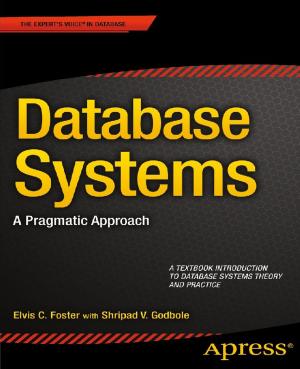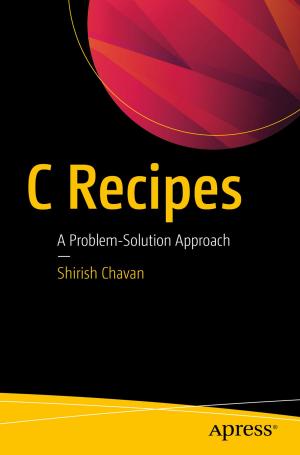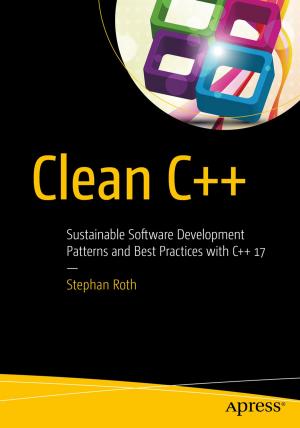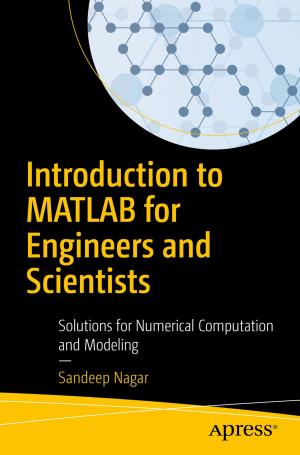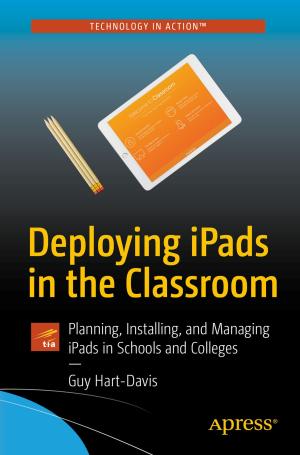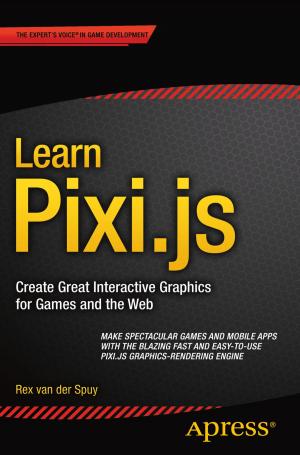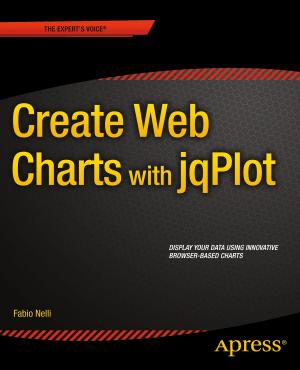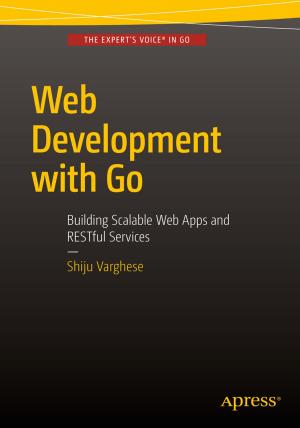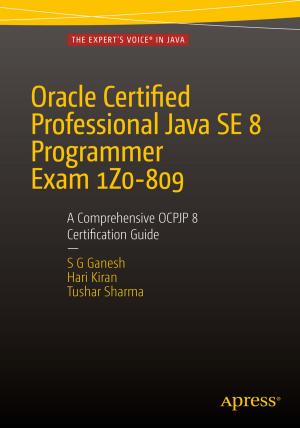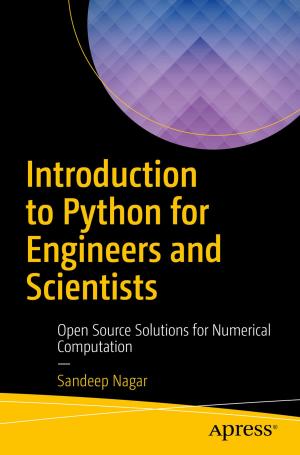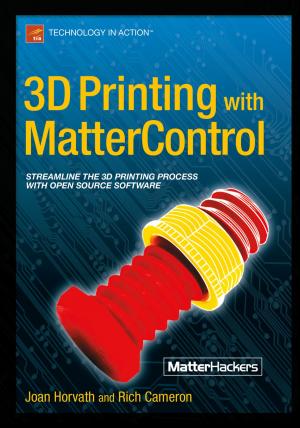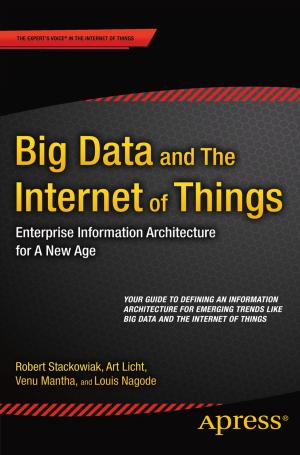Beginning C for Arduino, Second Edition
Learn C Programming for the Arduino
Nonfiction, Computers, Computer Hardware, Input-Output Equipment, Programming, Programming Languages, General Computing| Author: | Jack Purdum | ISBN: | 9781484209400 |
| Publisher: | Apress | Publication: | June 30, 2015 |
| Imprint: | Apress | Language: | English |
| Author: | Jack Purdum |
| ISBN: | 9781484209400 |
| Publisher: | Apress |
| Publication: | June 30, 2015 |
| Imprint: | Apress |
| Language: | English |
Beginning C for Arduino, Second Edition is written for those who have no prior experience with microcontrollers or programming but would like to experiment and learn both. Updated with new projects and new boards, this book introduces you to the C programming language, reinforcing each programming structure with a simple demonstration of how you can use C to control the Arduino family of microcontrollers. Author Jack Purdum uses an engaging style to teach good programming techniques using examples that have been honed during his 25 years of university teaching.
Beginning C for Arduino, Second Edition will teach you:
- The C programming language
- How to use C to control a microcontroller and related hardware
- How to extend C by creating your own libraries, including an introduction to object-oriented programming
During the course of the book, you will learn the basics of programming, such as working with data types, making decisions, and writing control loops. You'll then progress onto some of the trickier aspects of C programming, such as using pointers effectively, working with the C preprocessor, and tackling file I/O. Each chapter ends with a series of exercises and review questions to test your knowledge and reinforce what you have learned.
Beginning C for Arduino, Second Edition is written for those who have no prior experience with microcontrollers or programming but would like to experiment and learn both. Updated with new projects and new boards, this book introduces you to the C programming language, reinforcing each programming structure with a simple demonstration of how you can use C to control the Arduino family of microcontrollers. Author Jack Purdum uses an engaging style to teach good programming techniques using examples that have been honed during his 25 years of university teaching.
Beginning C for Arduino, Second Edition will teach you:
- The C programming language
- How to use C to control a microcontroller and related hardware
- How to extend C by creating your own libraries, including an introduction to object-oriented programming
During the course of the book, you will learn the basics of programming, such as working with data types, making decisions, and writing control loops. You'll then progress onto some of the trickier aspects of C programming, such as using pointers effectively, working with the C preprocessor, and tackling file I/O. Each chapter ends with a series of exercises and review questions to test your knowledge and reinforce what you have learned.

